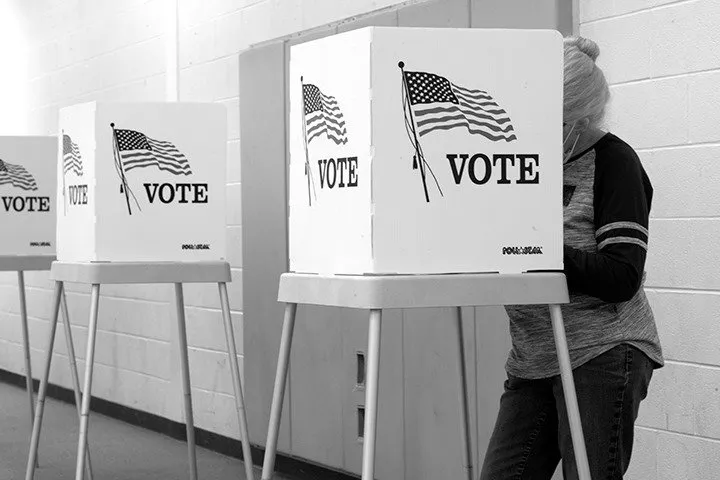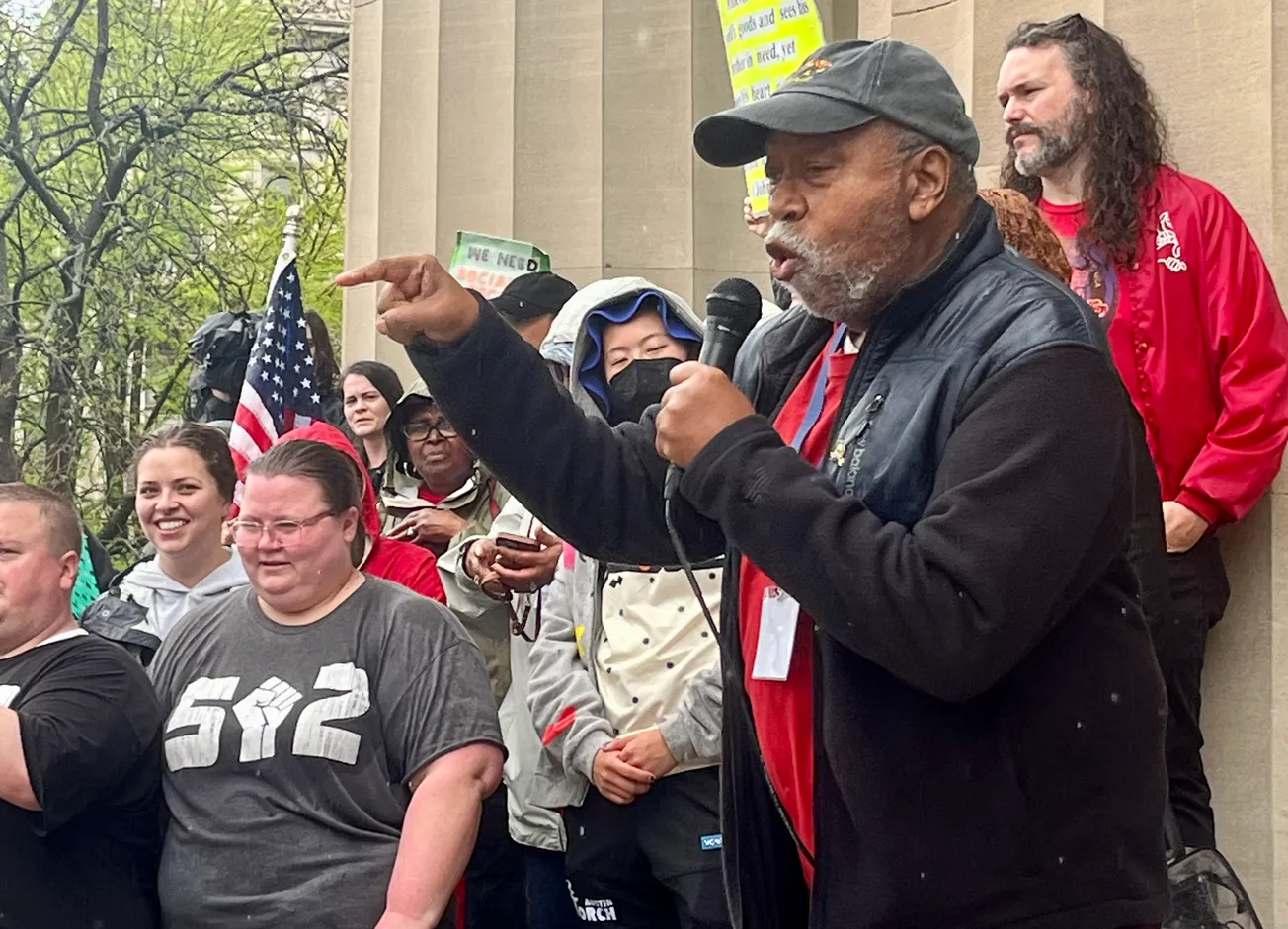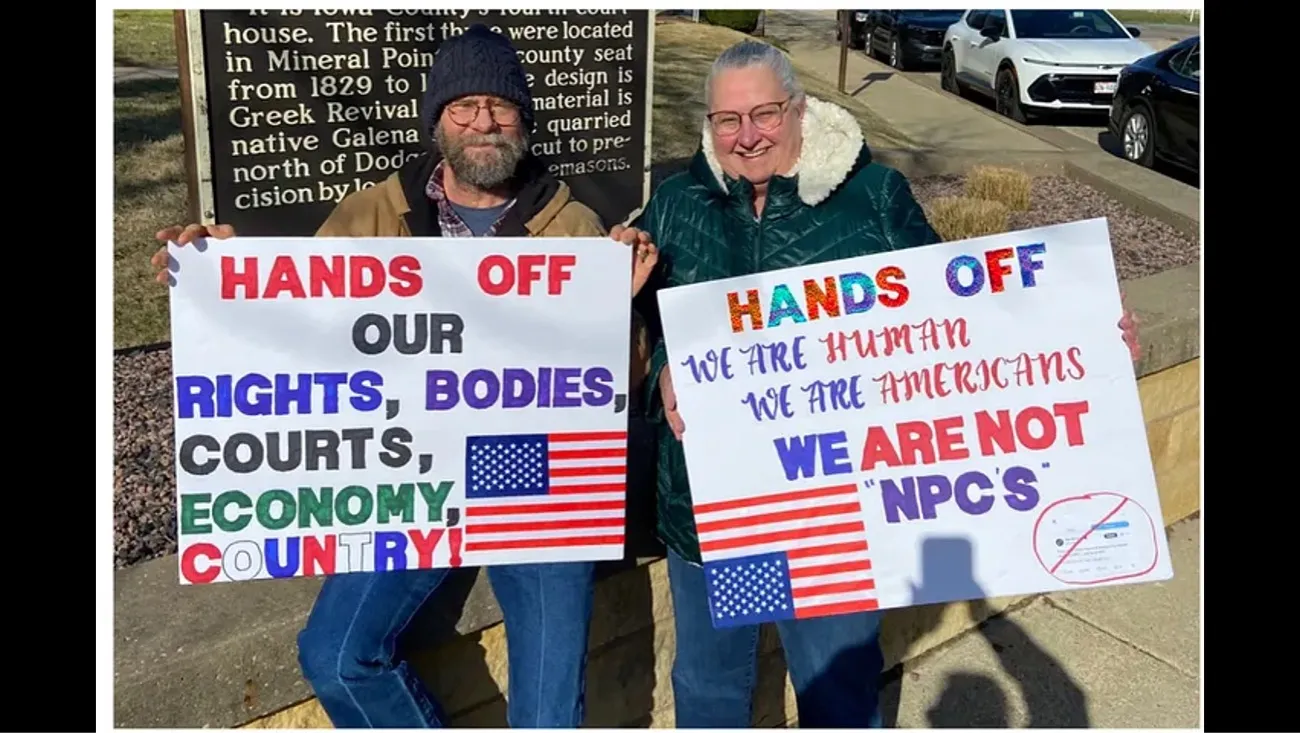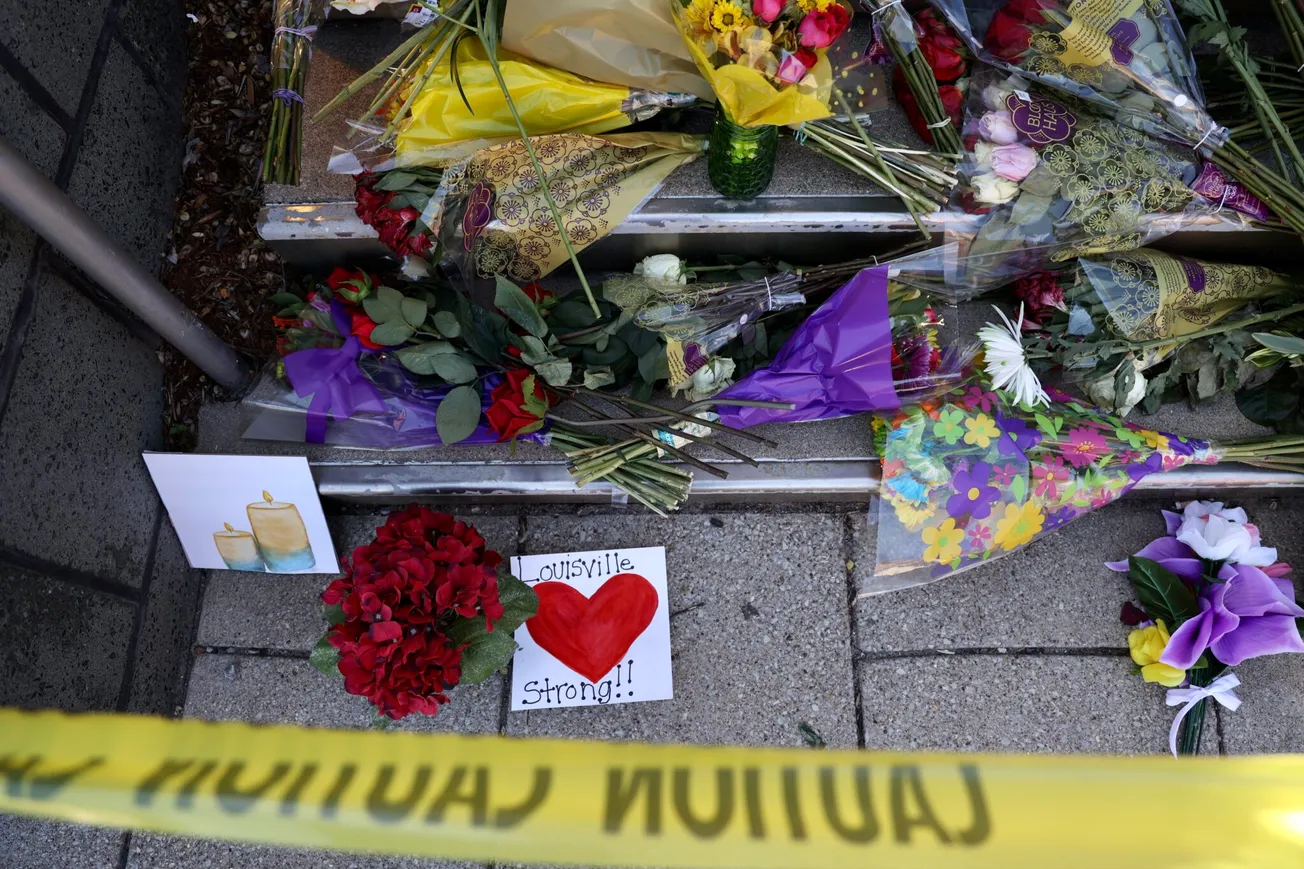A bill dealing with the practice known as vote-hauling, as well as one addressing absentee balloting, were both approved by the House Elections, Constitutional Amendments & Intergovernmental Affairs on Thursday.
House Bill 330 would prohibit anyone being paid to drive voters to the polls. The sponsor, Rep. Ed Massey (R-Hebron), says an identical measure introduced in 2020 passed out of the House, but never was never heard in the Senate due to the start of the COVID-19 pandemic.
“The important part of the bill basically says no candidate, or candidate’s campaign committee, shall pay for any person, including campaign workers, for the purpose of transporting voters to the polls on the day of any primary, general, or special election,” Massey said. “It doesn’t mean that transport cannot happen, it just means that money from the campaign account won’t be used to pay people to do that, which potentially gives an unfair advantage to some.”
He noted vote-hauling is not a problem in all communities, “but is a problem in some communities, and some of my colleagues had asked me to bring this bill with regards to that.”
Massey also said this does not prevent non-profit organizations from driving voters to the polls, and allows reimbursement of expenses, with documentation.
A violator would be guilty of a Class B misdemeanor, punishable by up to 90 days in jail.
HB 564, sponsored by Rep. Josh Branscum (R-Russell Springs), keeps many of the provisions enacted in 2020 for absentee voting by mail, removing the requirement that a voter request a mail-in absentee ballot 14 days prior to an election, and moves it to the Thursday before the election, which is the first day of in-person absentee balloting.
“We have to make sure we are not punishing our hard-working Kentuckians who may find out 13 days before the election that they are not going to be able to vote,” he told the panel.
It also has some additional security requirements, such as not allowing voting machines to be able to connect to the internet, and requiring a secure online connection for the transmittal of unofficial election results, as well as external devices used to upload election results.
Rep. Jennifer Decker (R-Waddy), who also testified for the bill, said, “We intend to hold elections that have integrity in Kentucky. We know of no reason for any voter in this state to feel that their elections are not secure.”
Both measure, which have emergency clauses, meaning they would become effective signed by the governor, now head to the House floor.
Secretary of State Michael Adams, Kentucky’s Chief Election Officer, expressed support for the measures, saying, “They will make voting easier, expand our existing audit process, set a hard deadline for transition to universal paper ballots, add legal protections for election workers, and codify in law our existing practice of not connecting our election machines to the internet.”
--30--
Written by Tom Latek. Cross-posted from Kentucky Today.







